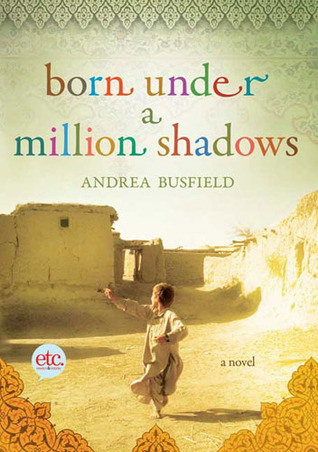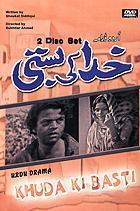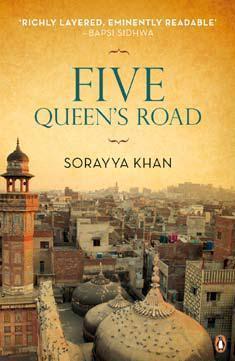
The Wandering Falcon
Book Description
Beneath the vast, arid expanse of the tribal regions, a young boy navigates a world ravaged by conflict and the haunting shadows of his choices. Torn between loyalty to his family and the wild call of freedom, his journey becomes a treacherous dance through the rugged mountains and the unforgiving lands of the Pashtun people. As each encounter unfolds like a thrilling chase, alliances are tested, hearts are broken, and destinies collide. Can one soul rise above the chaos, or will the weight of the past pull him under? Discover the gripping tale that asks: what sacrifices must be made to truly live?
Quick Book Summary
"The Wandering Falcon" by Jamil Ahmad is a haunting, evocative tale set in the harsh landscapes of the borderlands between Pakistan and Afghanistan. The novel follows Tor Baz, a boy twice abandoned, as he traverses a world shaped by tribal codes, nomadic traditions, and relentless violence. Through episodic encounters, Tor Baz becomes a witness—and sometimes a participant—in the brutal dramas of lawless lands where shifting allegiances, loyalty, and survival are tightly interwoven. Ahmad paints deeply human stories within the rugged environment, capturing the dignity and vulnerability of communities bound by ancient customs yet threatened by the encroachment of modern states. Ultimately, the book offers a rare and unfiltered glimpse into lives lived on the margins, exploring the cost of freedom, the pull of family, and the enduring complexities of identity.
Summary of Key Ideas
Table of Contents
Tradition vs. Modernity
Set amidst the unforgiving deserts and mountains of the tribal regions at the Pakistan-Afghanistan border, "The Wandering Falcon" opens with a young couple fleeing their tribe for forbidden love. Their son, Tor Baz, emerges as the novel’s thread, orphaned after betrayal, left to wander the borderlands. The narrative unfolds in a loosely connected series of stories, each illuminating the rugged existence of the nomads, smugglers, and shepherds who inhabit this lawless expanse. Ahmad brings to life the interplay of tribal codes and personal struggles, where survival may mean abandonment or acts of unexpected kindness.
Survival and Adaptation
The novel’s central tension arises between the rooted traditions of the tribes—honor, hospitality, vengeance—and the encroachment of state authorities attempting to govern the ungovernable. Encounters with soldiers, bureaucrats, and exiles reveal the futility and violence of imposing external rule on a region shaped by its own ancient customs. Through Tor Baz’s observations and interactions, the story critiques the dissonance between tribal law and modern nationhood, highlighting the identity crises born from shifting allegiances and borders.
Fluidity of Identity and Borders
Ahmad skillfully renders the day-to-day reality of tribal life: perilous smuggling caravans, brutal justice, hospitality rituals, and the delicate negotiations necessary for survival. The narrative dwells on the harsh beauty of the environment, whose dangers are matched only by the resilience and resourcefulness of its people. Through spare, lyrical prose, the author demonstrates how the land both shapes and mirrors the emotional landscape of his characters.
The Costs of Loyalty and Freedom
Throughout the novel, the cost of loyalty, freedom, and betrayal repeatedly emerges. Tor Baz’s journey is marked by isolation, tested friendships, and fleeting alliances. Every character must choose between individual desire and communal expectation, often with heartbreaking consequences. The stories ask what it means to truly belong—and whether freedom from tradition is real freedom, or simply another form of exile.
Harshness and Beauty of Tribal Life
Ultimately, "The Wandering Falcon" offers more than a portrait of a region; it is a meditation on humanity lived at the margins, where choices are rarely clear and survival exacts a steep price. Jamil Ahmad, drawing on his own experiences as a civil servant among these tribes, imbues the work with empathy and authenticity, giving a voice to those rarely heard. The result is a narrative as stark and unforgettable as the landscape it inhabits.
Download This Summary
Get a free PDF of this summary instantly — no email required.





